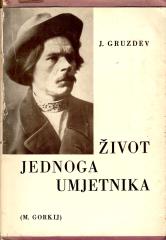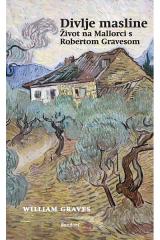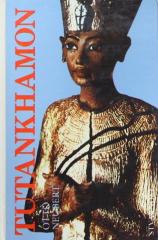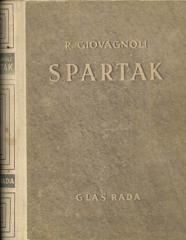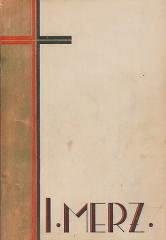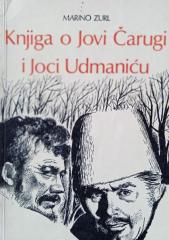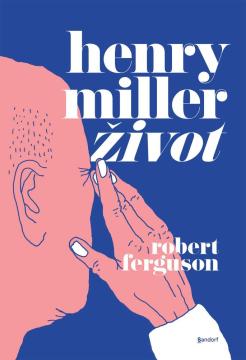
Henry Miller - život
Ferguson sensibly paints a portrait of Henry Miller, a descendant of German punks from Brooklyn, born on the threshold of the last decade of the 19th century, and he published the book in 1991, on the centenary of the author's birth.
Henry Miller (1891-1980) is an iconic name in American literature of the twentieth century. He belongs to the so-called lost generation of American writers who came of age at the same time as the outbreak of the First World War, such as Ernest Hemingway or E. E. Cummings. Born and raised in Brooklyn, the huge, multi-ethnic dormitory of New York, Miller is the forerunner of all those authors whom contemporary criticism calls urban writers, because he cultivated his immediate, jovial literary style in street fights and jumping over the boundaries of strictly segregated immigrant neighborhoods, building his language on profanity and extreme political incorrectness of the quarreling classes of the booming megalopolis, and inherited his literary taste from mystics and proto-new agers like Madam Blavatsky or Krishnamurti, who represented a window to the world for newly minted New York kleinbürgers. As a child of the first generation of German immigrants, Miller shared a fascination with America that he decided to translate into literature at a young age under the strong influence of great literary individuals from the end of the nineteenth century such as Walt Whitman, Mark Twain or Jack London, authentic critics of American society. and way of life, but at the same time the initiators of the great American literary imaginary, which exploded in the twentieth century, and with the wholehearted help of Miller and his beatnik successors conquered the world's popular culture.
In this biography of Henry Miller - for one a prophet of sensualism, for others an incorrigible bohemian, and for others a shameless egoist - Robert Ferguson managed to separate the intertwined and split personalities of Miller the writer and Miller the literary character from his own novels. From Proust and Joyce, through W.G. Sebald to Knausgaard, autofiction as a form of fictionalized autobiography dominates the most intimate literary form. Miller stubbornly resisted any categorization of his literary work, insisting that for him literature is life, and with this attitude he influenced generations of writers. Ferguson explores Miller's poses and vulnerabilities and gives us a portrait of a complex and impressive personality in an awkward combination of hypersensitivity and extreme nonchalance, which is perhaps best manifested in a ten-year love-literary relationship with Anaïs Nin. The attempt to tell the truth and bravely face the life and the world of Miller stood thirty years of ban on the sale of his books, but it earned him the respect of literary greats like Orwell, T. S. Eliot and Lawrence Durrell, and eventually countless readers around the world.
One copy is available
